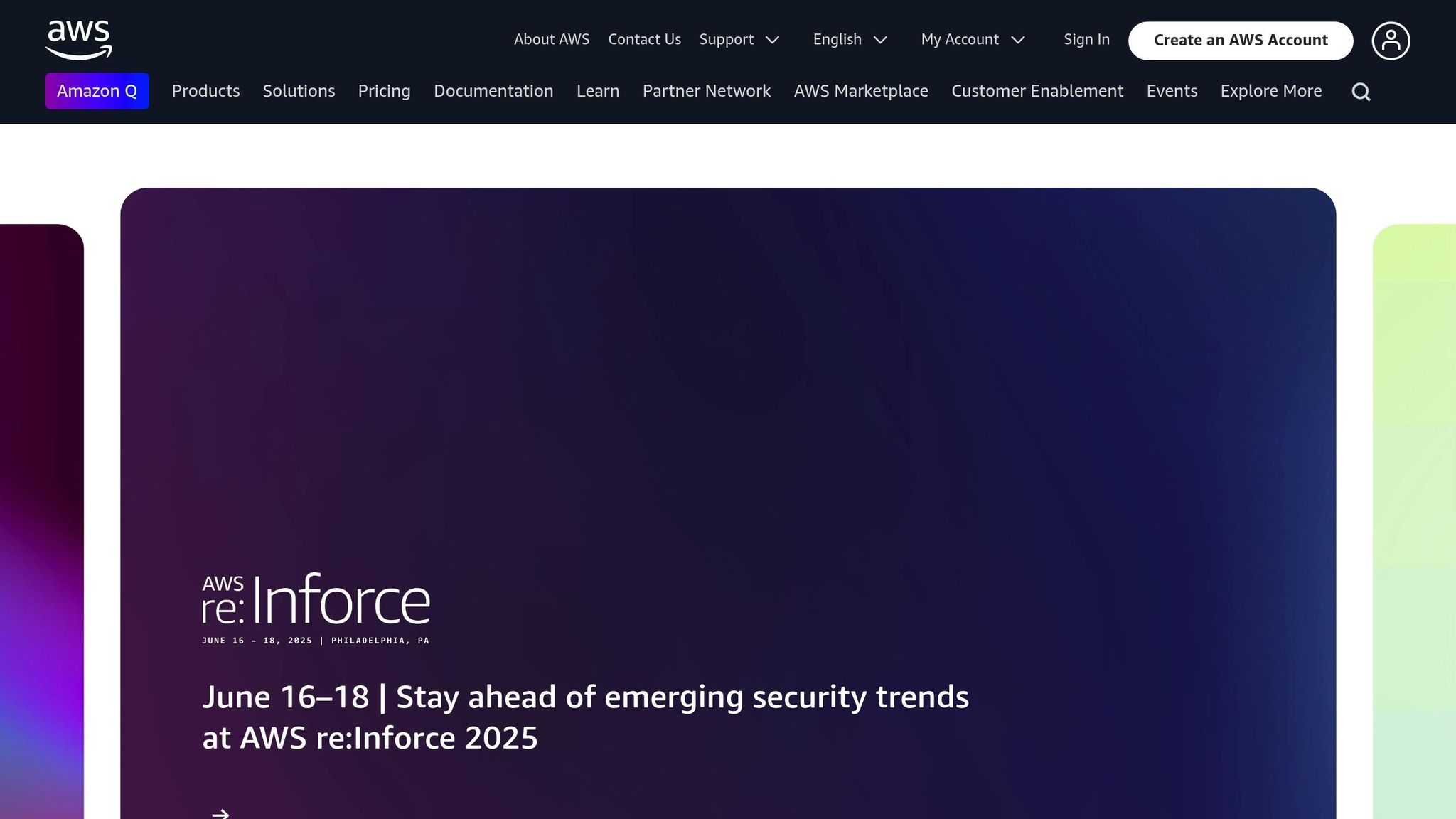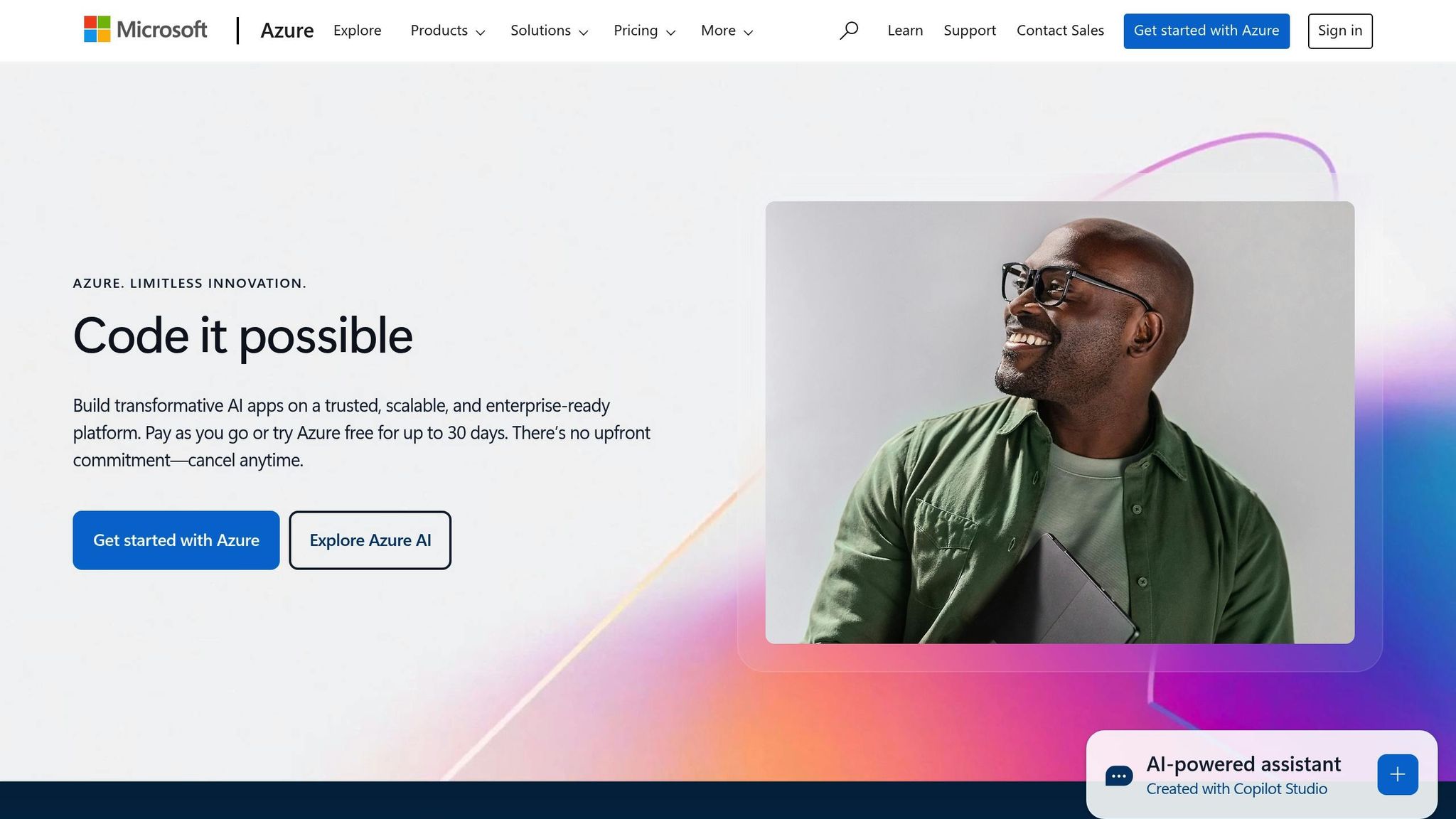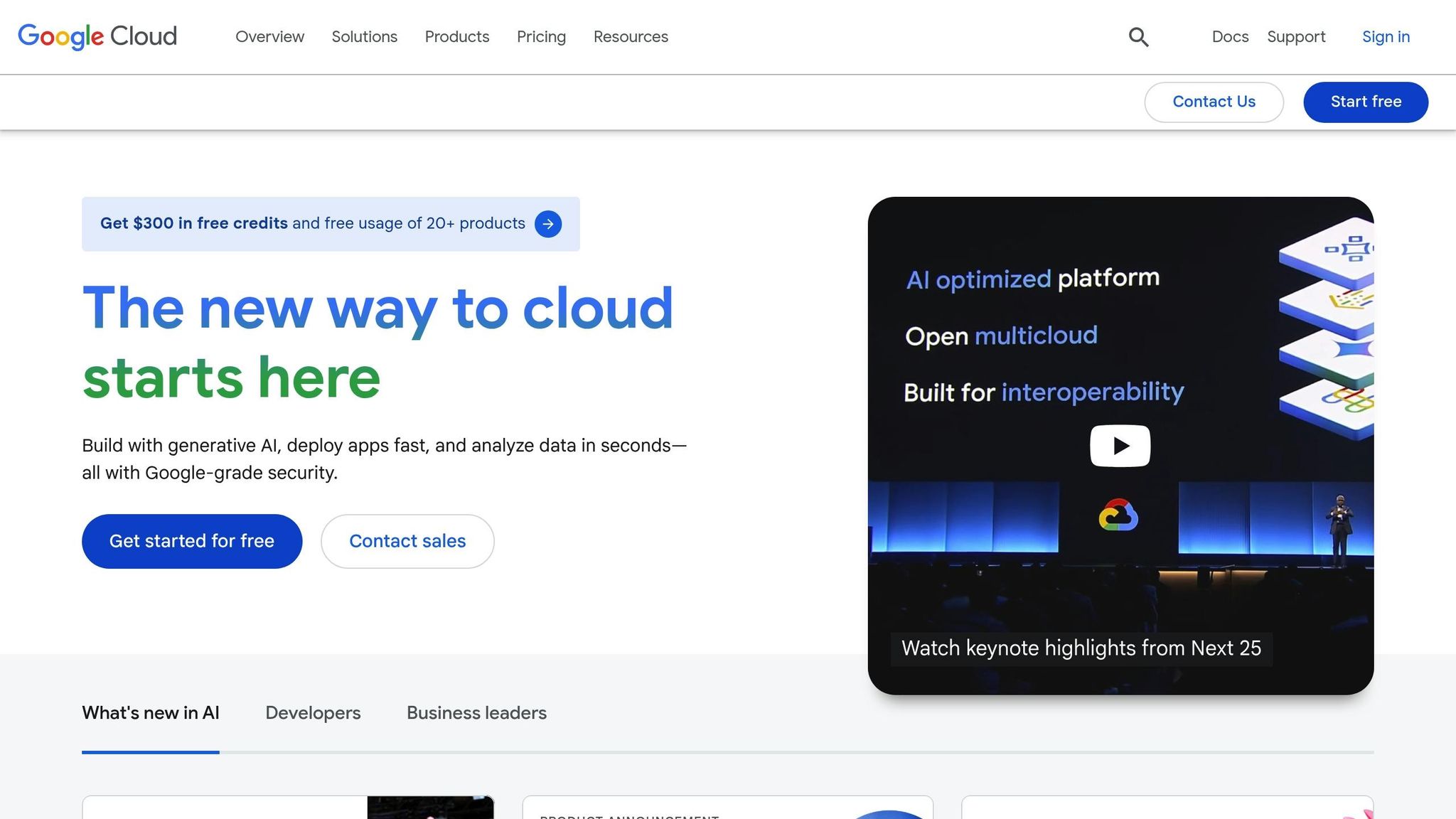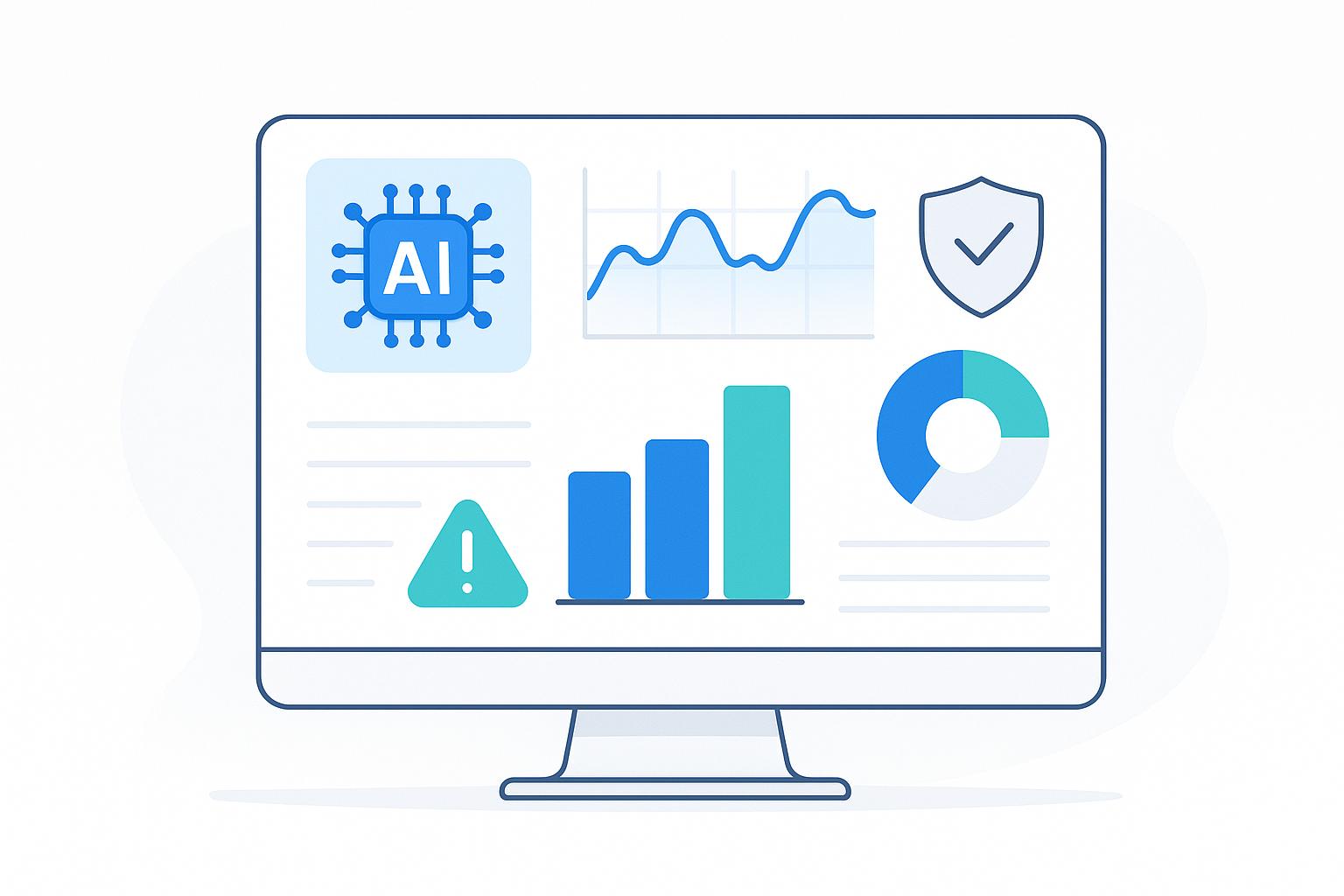Managing global data compliance is challenging, especially with varying regulations across regions. This article breaks down how AWS, Azure, and Google Cloud handle cross-border data compliance through certifications, data residency controls, and audit tools.
Key Takeaways:
- Certifications: All three providers comply with standards like ISO 27001, SOC 1/2/3, PCI DSS Level 1, GDPR, and HIPAA.
- Data Residency:
- AWS: 31 regions, GovCloud for sensitive data, configurable data transfer restrictions.
- Azure: Over 60 regions, geo-replication, and data-residency zones.
- Google Cloud: 35 regions, Cloud Sovereign Solutions, region-specific storage.
- Audit Tools:
- AWS: Audit Manager, Config, and Artifact for compliance tracking.
- Azure: Policy, Monitor, and Trust Center.
- Google Cloud: Audit Logs, Security Command Center, and Trust Center.
Quick Comparison:
| Feature | AWS | Azure | Google Cloud |
|---|---|---|---|
| Key Certifications | ISO 27001, SOC 1/2/3, PCI DSS, HIPAA, GDPR, FedRAMP | ISO 27001, SOC 1/2/3, PCI DSS, HIPAA, GDPR, FedRAMP, CCPA | ISO 27001, SOC 1/2/3, PCI DSS, HIPAA, GDPR, FedRAMP, CCPA |
| Global Coverage | 31 regions, 99 zones | Over 60 regions | 35 regions, 106 zones |
| Data Residency | GovCloud, regional storage | Data-residency zones, geo-replication | Cloud Sovereign Solutions, region-specific storage |
| Audit Tools | Audit Manager, Config, Artifact | Policy, Monitor, Audit Logs | Audit Logs, Security Command Center |
To choose the right cloud provider for global compliance needs: Focus on certifications, data residency options, and audit transparency that align with your business requirements.
Data protection and compliance in the cloud | Amazon Web ...
1. AWS Data Compliance

AWS implements strict compliance measures to support its global operations, adhering to various frameworks and certifications. These efforts address both local regulations and international standards.
Key Certifications
- ISO 27001: Focused on information security management.
- SOC Reports: SOC 1 Type II, SOC 2 Type II, and SOC 3 for system controls.
- PCI DSS Level 1: Ensures secure payment card processing.
- Certifications for specific industries like HIPAA, FedRAMP, and GDPR.
Data Residency Controls
- AWS operates in 31 geographic regions with 99 availability zones.
- Provides AWS GovCloud (US) for handling sensitive government data.
- Guarantees regional data storage with physically separated infrastructure.
- Offers configurable options to restrict data transfers between regions.
Audit and Reporting
- AWS Audit Manager: Enables ongoing compliance monitoring.
- AWS Artifact: On-demand access to compliance-related reports.
- Conducts regular third-party audits, both quarterly and annually.
- AWS Config: Monitors compliance status in real time.
Compliance Documentation
- Standardized reports available across all regions.
- Digital audit trails track data movement.
- Automated checks and alerts ensure compliance.
- Custom reporting tools meet specific regulatory needs.
With AWS's compliance framework outlined, let’s now explore how Microsoft Azure measures up in this area.
2. Microsoft Azure Data Compliance

Microsoft Azure provides compliance with key standards like ISO 27001, SOC 1/2/3, PCI DSS Level 1, HIPAA, FedRAMP, GDPR, and CCPA. With over 60 global regions, it supports data-residency zones and offers configurable geo-replication options. Azure Policy helps enforce compliance rules in real time, while Azure Monitor and Audit Logs ensure consistent oversight. Customers can access detailed certifications and audit reports directly through the Azure Trust Center and Compliance Manager.
Next, we'll take a look at Google Cloud's compliance framework.
sbb-itb-17e8ec9
3. Google Cloud Data Compliance

Google Cloud ensures compliance with international standards and local regulations through certifications and tailored controls.
Key Certifications
- ISO 27001: Certification for managing information security systems
- SOC Reports: Includes SOC 1 Type II, SOC 2 Type II, and SOC 3
- PCI DSS Level 1: Meets payment card industry standards
- Specific Standards: Compliance with HIPAA, FedRAMP, GDPR, and CCPA
Data Residency Controls
- Operates across 35 regions and 106 zones worldwide
- Offers Cloud Sovereign Solutions for managing government data
- Provides region-specific data storage with physical separation
- Allows configurable data residency policies
- Implements controls for cross-border data transfers
Audit and Reporting
- Cloud Audit Logs: Tracks compliance in real time
- Security Command Center: Central hub for managing security
- Cloud Asset Inventory: Monitors and audits resources
- Quarterly and annual third-party audits
- Automated tools for compliance scanning and alerts
Compliance Documentation
- Cloud Compliance Reports: Available on demand
- Trust Center: A centralized hub for compliance resources
- Maintains digital audit trails for data movement
- Offers customizable compliance reporting options
- Provides automated updates to documentation
Next, we’ll compare how AWS, Azure, and Google Cloud measure up in these compliance areas.
Comparison of Cloud Providers
Here's a side-by-side look at how AWS, Azure, and Google Cloud compare across key areas:
| Feature | AWS | Azure | Google Cloud |
|---|---|---|---|
| Key Certifications | ISO 27001, SOC 1/2/3, PCI DSS Level 1, HIPAA, FedRAMP, GDPR | ISO 27001, SOC 1/2/3, PCI DSS Level 1, HIPAA, FedRAMP, GDPR, CCPA | ISO 27001, SOC 1/2/3, PCI DSS Level 1, HIPAA, FedRAMP, GDPR, CCPA |
| Global Coverage | 31 regions, 99 availability zones | Over 60 regions | 35 regions, 106 zones |
| Data Residency | GovCloud, regional storage, configurable transfers | Data-residency zones, geo-replication | Cloud Sovereign Solutions, region-specific storage |
| Audit Tools | AWS Audit Manager, Config | Azure Policy, Monitor, Audit Logs | Cloud Audit Logs, Security Command Center |
| Compliance Access | AWS Artifact, automated reporting | Trust Center, Compliance Manager | Trust Center, Cloud Compliance Reports |
This table helps highlight which provider might suit your compliance and operational needs, especially for businesses managing global operations.
Summary
Consider three key factors when evaluating cross-border cloud compliance:
- Data residency: Ensure regional data storage aligns with your operational needs.
- Audit transparency: Look for real-time monitoring and detailed reporting features.
- Certification coverage: Confirm alignment with industry-specific standards.
Lucid Financials' AI-powered compliance platform simplifies localization, automates audit trails, and provides real-time insights to help maintain compliance with global regulations.
These criteria can help you effectively compare AWS, Azure, and Google Cloud for your cross-border data strategy.
FAQs
How does data residency impact my business when selecting a cloud vendor?
Data residency refers to the physical or geographic location where your business's data is stored and processed. It has significant implications for compliance with local regulations, such as data privacy laws (e.g., GDPR or CCPA), and can affect your ability to meet industry-specific certifications or audit requirements.
When choosing a cloud vendor, it’s essential to ensure they offer transparent policies on data storage locations and cross-border data transfers. Look for vendors that provide compliance with relevant certifications and frameworks, such as SOC 2, ISO 27001, or regional privacy laws, to mitigate risks and ensure your business remains compliant. For U.S.-based businesses, understanding how your vendor handles data transfers between the U.S. and other countries is particularly important to safeguard sensitive financial or customer information.
How can I stay compliant with cross-border data regulations when using cloud services?
To ensure ongoing compliance with cross-border data regulations while using cloud services, start by selecting a cloud vendor that adheres to recognized certifications such as ISO 27001, SOC 2, or GDPR. These certifications demonstrate the vendor’s commitment to data security and regulatory compliance. Additionally, confirm that the vendor provides transparency about their data storage locations and transfer practices.
Regularly review your cloud provider’s audit reports and compliance updates to stay informed about any changes that could affect your data handling. It’s also a good idea to work with legal and compliance experts to align your internal policies with the latest regulations. By staying proactive, you can minimize risks and maintain trust with your customers and stakeholders.
What key audit practices should I look for when assessing cloud vendors for cross-border data compliance?
When evaluating cloud vendors for cross-border data compliance, prioritize audit certifications and practices that demonstrate adherence to international standards. Look for certifications like ISO 27001, SOC 2, or GDPR compliance if applicable to your operations. These certifications ensure the vendor follows rigorous security and data protection protocols.
Additionally, verify if the vendor conducts regular third-party audits and provides transparent reports on their compliance measures. This helps ensure their systems are secure and meet the necessary legal and regulatory requirements for handling data across borders. Understanding their data residency policies can also help you align with compliance needs specific to your business or region.


